Loyalty of Darkness

In the course of Supernatural we’ve met a variety of dark creatures. Some of the most prominent were the demons Meg, Ruby, Lilith, Crowley, Alistair and the angels Lucifer, Anna, Zachariah, Uriel. What were their motives? Of course, you might say, kind reader, it was world domination, determination for destruction, greed, simple cruelty, and you would be right. But is that all?
Loyalty of Darkness

In the course of Supernatural we’ve met a variety of dark creatures. Some of the most prominent were the demons Meg, Ruby, Lilith, Crowley, Alistair and the angels Lucifer, Anna, Zachariah, Uriel. What were their motives? Of course, you might say, kind reader, it was world domination, determination for destruction, greed, simple cruelty, and you would be right. But is that all?
In the first season’s episode Shadow we hear Meg say: ‘I’m doing this for the same reasons you do what you do – loyalty. Love. Like the love you had for Mommy and Jess.’ And Ruby exclaimed in pride in Lucifer Rising: ‘You don’t even know how hard this was! All the demons out for my head. No one knew. I was the best of those sons of bitches! The most loyal!’
Are we allowed at all to assume that demons actually can love and strive for loyalty within their own circles? Or would it be blasphemy to even consider granting them any kind of social values? Fact is, though, they have values. And those are not necessarily different from those we, as humans, have. Except, of course, the background and purpose are different ones.
For various reasons we find another allegory to modern times within Supernatural. The demons’ and angels’ acts are terrorist deeds of a different kind than we are used to, but still actions that endanger the society of the show’s protagonists.
Shortly after the 9/11 terrorist attacks, Susan Sontag wrote in an essay in the New Yorker ‘Whatever may be said of the perpetrators of Tuesday’s slaughter, they were not cowards.’ And television talk show host Bill Maher stated ‘Staying in the airplane when it hits the building – say what you want about it, it’s not cowardly.’
These statements caused a widely felt outrage in the United States at the time. How could terrorists be described in such terms? Bottom line: are terrorists capable of possessing virtues such as courage? Loyalty? And if they can, do we have to change our assumptions of courage as a virtue?
Considering that demons have been terrorizing the planet to achieve their goals (the rising of Lucifer, for instance), are we allowed to consider that they actually might be courageous? Or loyal?
It is, of course, far easier to condemn terrorists than it is to understand them. Northern Ireland’s Ronnie Flanagan once commented ‘for me, understanding such activity comes dangerously close to authorizing, sanctioning and approving’.
A far too easy approach for my taste, and I am not trying to sanction any terrorist act here. My starting point is reading the demon and angel problem and their background as a metaphor for some aspects of our lives and the world we live in.
The show has drawn its connections to present day political situation several times, and critically so, for instance when they made Sarah Palin president in a future US under more or less Croatoan domination. There actually are people considering her fit for that office, and Supernatural gave its own contra-Palin political statement here in the guise of a tv show. Supernatural is not scared, it seems, to make controversial statements which I admire.
Just as terrorists today, the demons in the show are portrayed as callous fanatics delighting in the carnage. Which is true, yes, they often delight in the carnage, but is that truly all? I think it’s more complex than that. The demons that pull the strings (as opposed to the pawns send into battle as the first line cannon fodder) defy simple explanations. They are not crazy. Their motives are surprisingly human: they want power over this world. They want to protect themselves (as Crowley did) and they want to be accepted and loved in their circles (as Ruby did) and thereby gain some kind of status that might shield them from becoming actually cannon fodder. Because, as far as we know, demons are afraid. They shy away from pain, just as humans do, they are afraid to die and it is a painful process, too (that demon Bobby killed by burning her bones was in quite some pain before she expired).
If we look at demons and out-of-line angels as a comparison to terrorists, their actions might be difficult to understand, simply because little is known about a terrorist mindset. Psychological research still lacks evidence here for obvious reasons. You can’t conduct valid studies in this field. And to attempt to explain it only in purely psychological terms would mean to ignore the very real economic, political and social factors that motivate radical activists. Furthermore, the risks involved for the scientist are significant.
Taylor and Quayle wrote in their 1994 ‘Terrorist lives’ (after interviewing terrorists) that ‘with rare exceptions and contrary to popular misconceptions, terrorists are neither madmen nor blind bigots. They have considerable insight into their own actions, and often show a striking awareness of how others view them. In the main, they have come to terms with the violence they commit, and are able to justify it in terms of their own perception of the world, and their role in its maintenance. (…) Relatively few individuals offer sophisticated political justifications of the violence they may admit to or imply being involved in, yet all show a strength of what can only be described as belief in the rightness of their actions.’
When we look at the demons and angels within the show we also find a belief in acting justified. They are aware that humans despise them, and that even their own, those that oppose them, do. In fact, many are rebelling against the established order, and the plan of bringing Lucifer back had to be performed in secrecy. Ruby allowed herself to be captured and tortured by Alistair for the ‘greater good’, that is for the plan of raising Lucifer. She showed a determination that, had she been human and doing it for the greater good of a human cause, she might have been widely considered a heroine. But not even in hell, her home, did she receive any recognition, as she belonged to a secret group of demons that tried to raise Lucifer. So, in terms of terrorism, she belonged to a terrorist cell in hell.
Psychologist Eric D. Shaw described a ‘Personal Pathway Model’, by which terrorists enter their new profession. ‘The personal pathway model suggests that terrorists came from a selected, at risk population, who have suffered from early damage to their self-esteem. Their subsequent political activities may be consistent with the liberal social philosophies of their families, but go beyond their perception of the contradiction in their family’s beliefs and lack of social action. (…) The underlying need to belong to a terrorist group is symptomatic of an incomplete or fragmented psychosocial identity.’
Ruby was such an example of a demon with low self-esteem. She had a big mouth and wore the mask of devil-may-care successfully, but the moment she was confronted with one of her superiors in Malleus Maleficarum she showed considerable fear and air of subservience. She fought against her superior, yes, but that change in her demeanor indicated that she wasn’t truly strong in her own opinion about herself. She also needed to be ‘the most loyal’. The passion she exclaimed that in Lucifer Rising shows how essentially important it was to her. She needed to be someone, badly. She longed for recognition by the gods of her idolatry, Lucifer and his closest minion Lilith. And she was willing to do and endure everything to get that.
We know that the demons that wanted Lucifer to rise were probably a fragmented group. Others, like Crowley (Hell’s king himself) didn’t like the idea at all, as he assumed that when Lucifer was done with the planet he would turn on his demonic children. Crowley’s driving force was self-preservation, a very human trait, if you like. When Sam was known to be the favoured boy king, there were some that were willing to follow him, others wanted him dead.
The followers of Lucifer were a kind of sleeper cell that began to work heatedly the moment they became aware that they might actually succeed, when John Winchester made that deal to save his son’s life. There they had a righteous man in hell. One that might break the first seal. Alas, John didn’t live up to their expectations which made them look for Dean who, sadly, did.
They needed trusty followers. Perhaps the recruiting process was quite similar to that of a modern terrorist group. An IRA member once reported in Gilmours ‘Dead Ground: Infiltrating the IRA’ :’by joining the IRA, you are taking a path that may well lead to prison and could even end in your death. That is the level of commitment that you are required to make. If it’s too high a price for you to pay, now is the time to say so.’


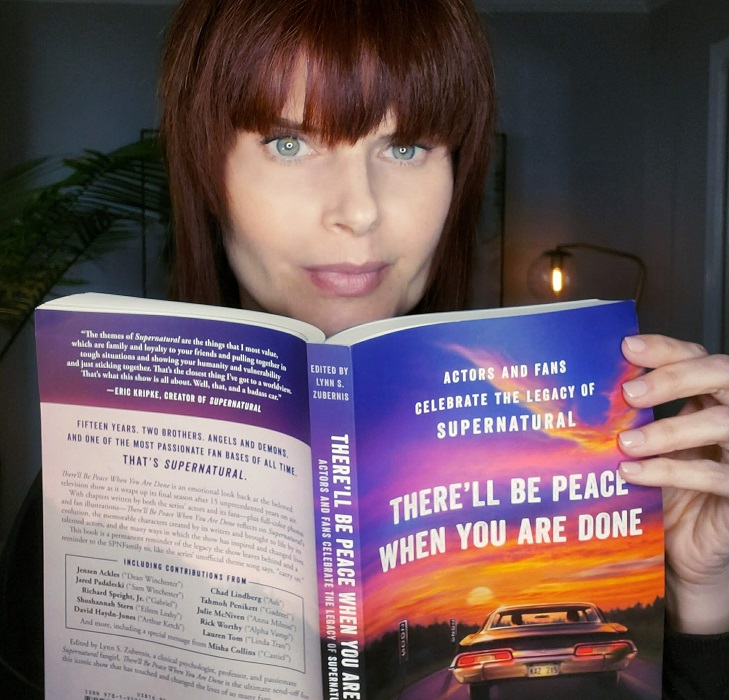
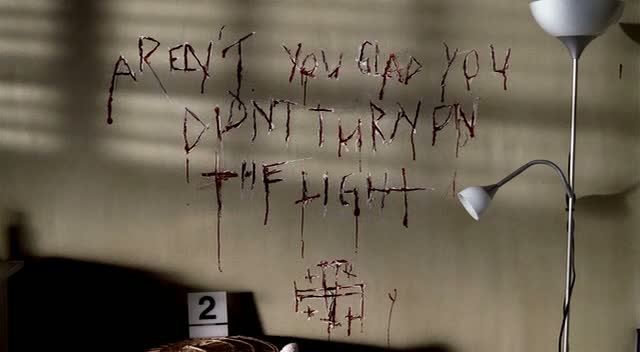
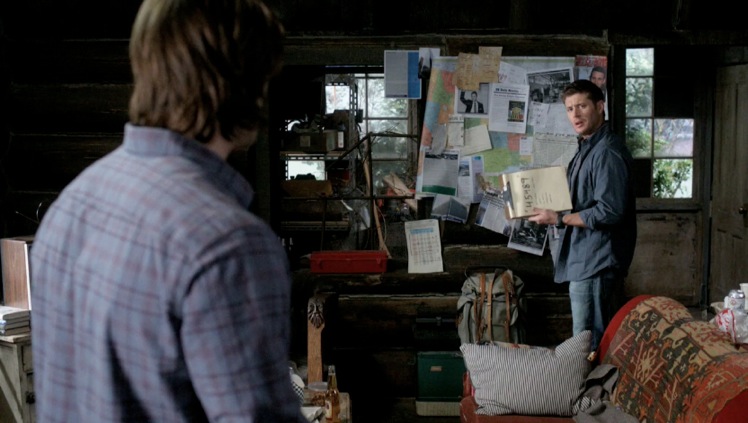
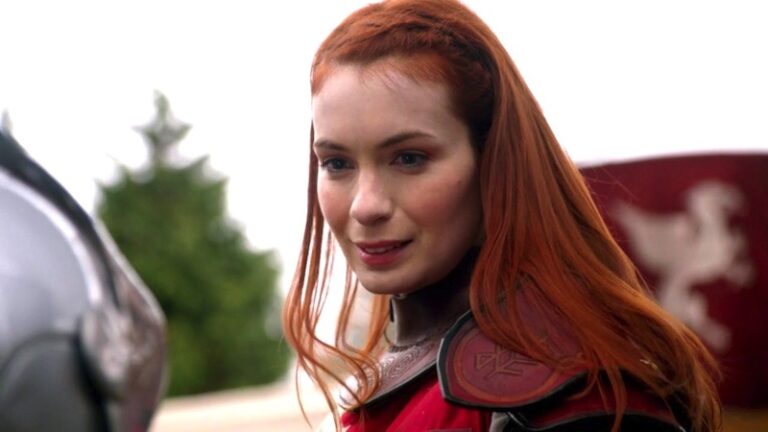
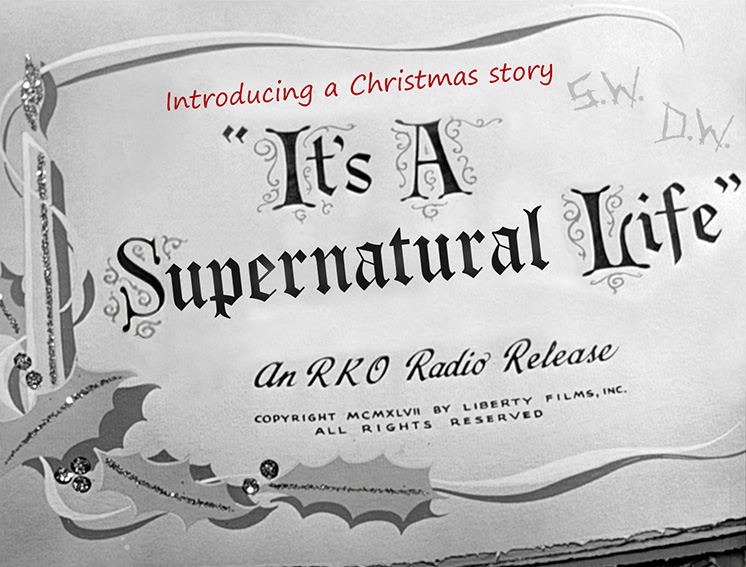
Very insightful article, Jas. I often felt the way Hell vs. Heaven war is depicted in the show as heavily influenced by the present geopolitical situation. The fact itself that Heavenly hyerarchy is depicted like a very tight military organization, with the inevitable trail of “minor evil vs. major good”, “collateral damages”, “ends vs. means” and “legitimate war” issues, was for me a clear indication that pointed in that direction. As much as the way demons seem to be organized is similar to terroristic or guerrilla cells scattered through the whole world, often merged with the humans by taking their bodies as vessels, with scarce communications between them or with the “brain” of the operation, if not for occasional “calls home” like the ones performed by Meg.
It’s interesting, though (and, I think, very daring) that, unlike in our world, [u]both [/u]parts are depicted in the show as “evil”, i.e. essentially against humankind and humanity. What indeed labels (in the show) the parts in this war is the way they feel towards humans. LIke Dean said to Castiel in 4×22, “Destiny, God’s plan… It’s all a bunch of lies… People. Families. That’s real”
Obviously, like you pointed out, this is a matter of point of view: with us being humans, it is expected we feel as “good” what act in favor of humankind and “human” values. But when the parts in the war are [u]all [/u]human (like in the “terror war”, though we often are inclined to forget that) the lines are WAY more blurred. Hence the need to deprivy the enemy of his “humanity”, make him a “monster”, in a way, or to simplify his reality, his psychology, to draw clear lines even where there are nones.
A way that much resemble to hunters’ way in dealing with supernatural creatures, a way that Dean often displayed along the years. A way that was defied by the “freak” that was Sam. I often wonder if Dean would really and wholly accept (or has accepted) Sam’s “freak-ness” (i.e. his being not totally human, with Azazel’s blood and all), and if that would influence his view about monsters in general.
About the problem of courage and loyalty: I never had a problem to admit these qualities being present in the “bad guys”. Nazis officers were often highly loyal, and kamikaze terrorists are often as scared as their victims, but they hold on to their faith of doing “the right thing”, and sacrifice themselves for the cause exactly as soldiers do. But in these cases I often recall Paul’s says: “If I have all faith, so as to remove mountains, but have not love, I am nothing. If I deliver up my body to be burned, but have not love, I gain nothing.”
Courage and loyalty [u]are [/u]values, but they are among the most elementary ones. They are often based on the need of belonging and the fear to be alone. The same needs and fears that can bring perfectly sane and caring and kind people to do horrible things to other people just to feel part of a “group” (as can be seen in group rapes, or in soldiers torturing prisoners or even other soldiers). “Human” values are something more, and are what can label courage and loyalty as “good” or “evil”: above all what and who (and [u]how many[/u] “whos”) you are willing to sacrifice along yourself for the cause. Anytime the “cause” becomes more important than the human beings involved in it (on one part or the other), then that cause can’t be labeled as “good” anymore.
Hi Jas,
Very thoughtful, insightful article. I think it’s really important that we look at the motivations of “the other side”. But, as you rightly pointed out, it often makes us uncomfortable. If we stop to consider that they might have attributes like courage or loyalty, it’s harder to see the lines between Us and Them.
Hello Brynhild, Heide, CalifornianLeslie and PragmaticDreamer, thank you all for your kind and elaborate comments.
This working week is extremely busy, so please forgive me for not answering your comments like I usually do. I barely have time to concentrate on anything else right now.
Thank you so much! Your thoughtful words are highly appreciated.
Love, Jas